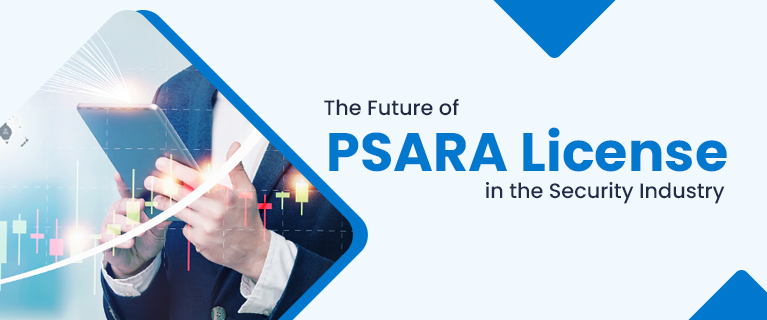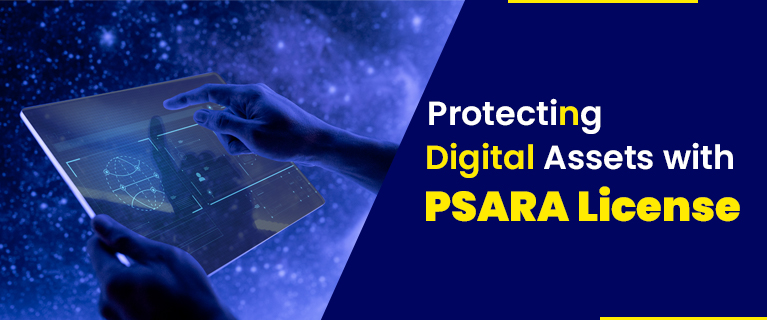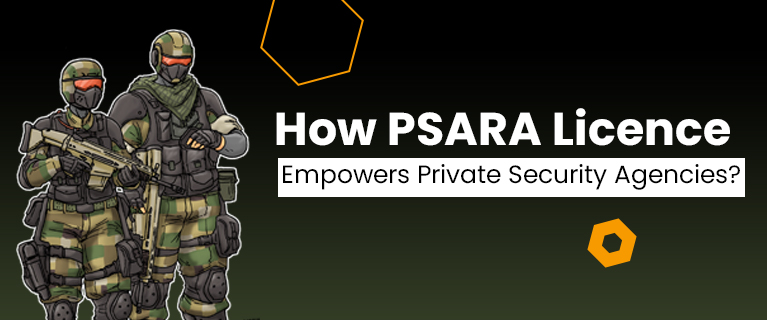PSARA License in India

Private security is a critical aspect of ensuring safety and protection in various sectors, including commercial establishments, residential complexes, and events. The PSARA act states that it is mandatory for the private security agencies to obtain a PSARA License to operate legally. In this blog, we will delve into the documentation, fees, and process involved in obtaining a PSARA License in India. 1. Documentation Requirements: To initiate the PSARA License application process, private security agencies must gather the following essential documents: MoA or Memorandum of Association and AoA or Articles of Association: These documents outline the agency's objectives, structure, and operational guidelines. They provide detailed information about the agency's legal status and ownership structure. Certificate of Incorporation: The Certificate of Incorporation is obtained from the Registrar of Companies (RoC) and serves as proof of the agency's legal establish








